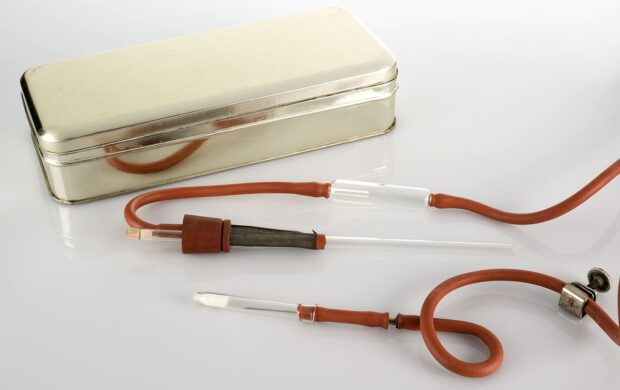An Irish start-up is working to tackle digestive problems by developing a pocket-sized gadget known as the AIRE breathalyser. It consists of a handheld device that can detect gases on your breath that is produced by bacteria in the digestive system, the results are then collected and measured overtime by using an accompanying smartphone app. Users will first provide a baseline breath reading before drinking a mixture of carbohydrates (fructose, lactose and sorbitol) to measure changes in the digestive track every 15 minutes over 3 hours.
The app then rates the level of digestive discomfort on a scale from 1 to 100, with changes indicating malabsorption. After the initial readings users can eat normally, and through a process of trial and error, they can create their personal digestive profile by tracking what they eat and how their levels of stress affect their digestive system. This will allow users to identify certain foods or ingredients to avoid.













